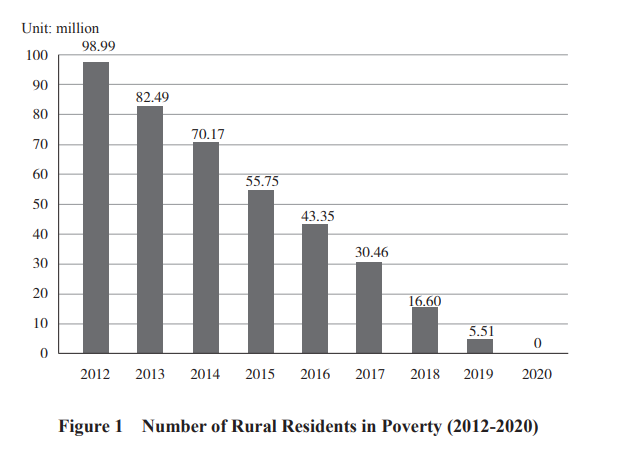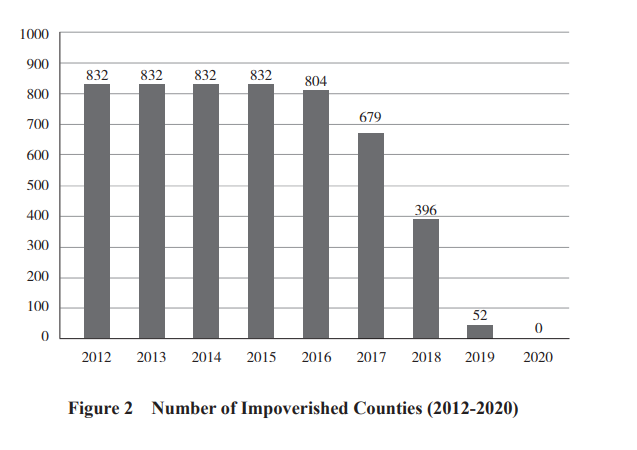On August 26, 2021, Confucius Institute of Dhaka University held an English academic lecture on “China’s Experience on Poverty Alleviation”. Professor Cai Kui from the School of Economics of Yunnan University was the guest speaker of this lecture and Associate Professor Liu Hui served as the moderator. In the lecture, Prof. Cai Kui reviewed the background, achievements, experiences and challenges of poverty alleviation in China, and analyzed the experience of poverty alleviation in China with the example of Shapu, Wengxing, Jiaju and Dapingtan villages in Yunnan Province, and finally gave her thoughts on the challenges and next step of poverty alleviation. According to Prof. Cai Kui, China, the world’s largest developing country with nearly one-fifth of the world’s population, has achieved the poverty reduction goals of the United Nations 2030 Agenda for Sustainable Development ten years ahead of schedule and eliminated absolute poverty. Among them, the strategy of targeted poverty alleviation is the winning strategy for China to win the battle against poverty and a major innovation in China’s theory and practice of poverty reduction, which is worth learning by all countries committed to poverty eradication.


In the lecture, Professor Cai Kwai expressed her appreciation for China’s contribution to global poverty alleviation and pointed out the lessons that other countries can learn from China. She also added that in order to maintain the achievements made, China still needs to work on implementing poverty alleviation policies and rural revitalization strategies to make the countryside and agriculture more attractive. She also noted the need to incorporate ecological sustainability into poverty reduction strategies to address climate change. Professor Cai Kui said that other countries that intend to get rid of poverty should pay more attention to China’s experience on this front.
The lecture aimed to improve foreign students’ understanding of China’s success in eradicating absolute poverty. It enabled foreign friends to have a better understanding of China’s basic system and culture from different perspectives, which is conducive to people-to-people exchanges between China and foreign countries. At the end of the lecture, the participants expressed their gratitude to the organizer and the speaker, Professor Cai Kui in particular.


(The author:Enoch Amoah,School of Management and Economic of UESTC)